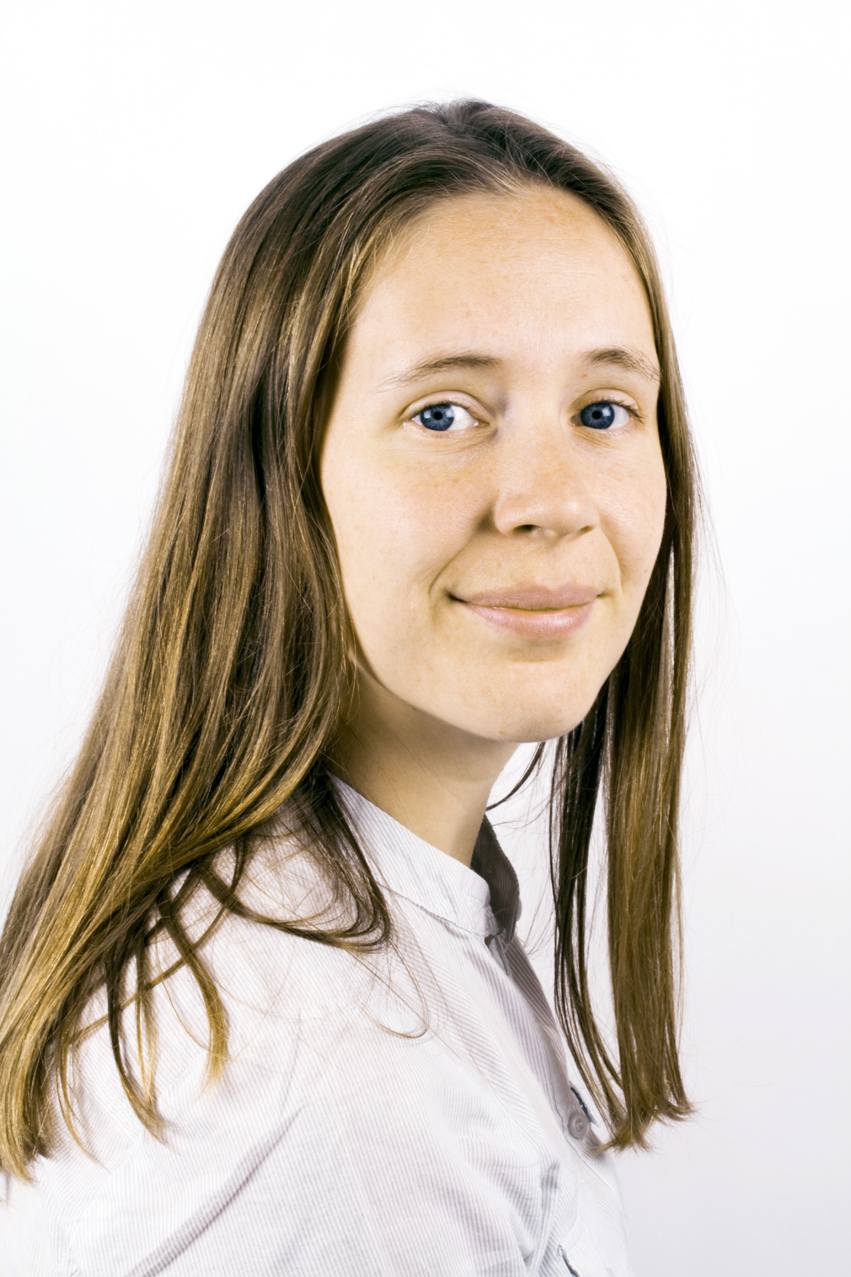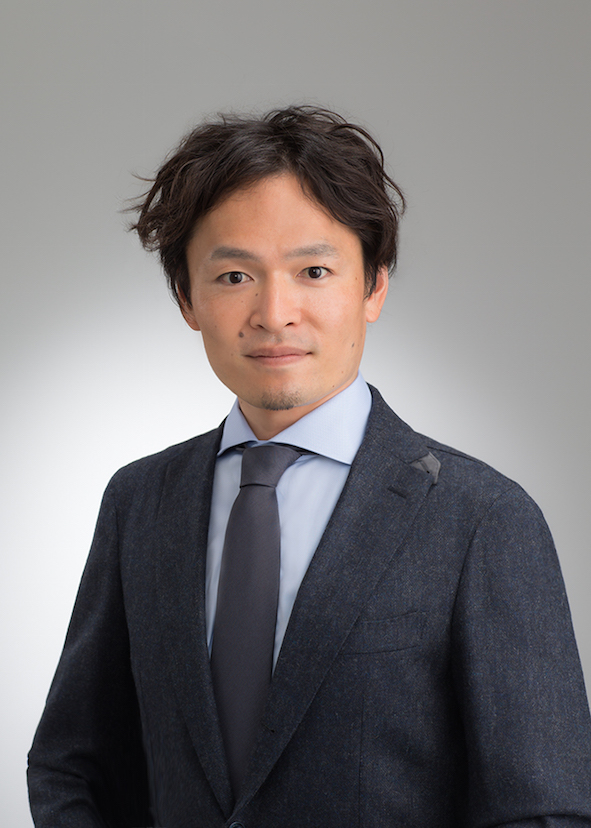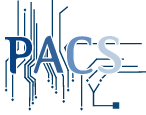This event is an ETAPS workshop organized as a series of invited talks. Everyone is welcome to attend and participate in the discussions. There are no formal proceedings.
Scientific objective of SynCoP
SynCoP aims at bringing together researchers working on verification and parameter synthesis for systems with discrete or continuous parameters, in which the parameters influence the behavior of the system in ways that are complex and difficult to predict.
Such problems may arise for real-time, hybrid or probabilistic systems in a large variety of application domains.
The parameters can be continuous (e.g., timing, probabilities, costs) or discrete (e.g., number of processes). The goal can be to identify suitable parameters to achieve desired behavior, or to verify the behavior for a given range of parameter values.
Systems composed of a finite but possibly arbitrary number of identical components occur everywhere from hardware design (e.g. cache coherence protocols) to distributed applications (e.g. client-server applications). Parameterized verification is the task of verifying the correctness of this kind of systems regardless the number of their components.
Topics of SynCoP
The scientific subject of the workshop covers (but is not limited to) the following areas:
- parameter synthesis,
- parametric model checking,
- regular model checking,
- robustness analysis,
- parameterized logics, decidability and complexity issues,
- formalisms such as parametric timed and hybrid automata, parametric time(d) Petri nets, parametric probabilistic (timed) automata, parametric Markov Decision Processes, networks of identical processes,
- specifications in automata and logic, term and graph rewriting, Petri nets, process algebra, …
- validation methods via assertional and regular model checking, reachability and coverability decision procedures, abstractions, theorem proving, constraint solving, …
- interactions between discrete and continuous parameters,
- tools and applications to hardware design, cache coherence protocols, security and communication protocols, multithreaded and concurrent programs, programs with relaxed memory models, mobile and distributed systems, database languages and systems, biological systems, etc.




